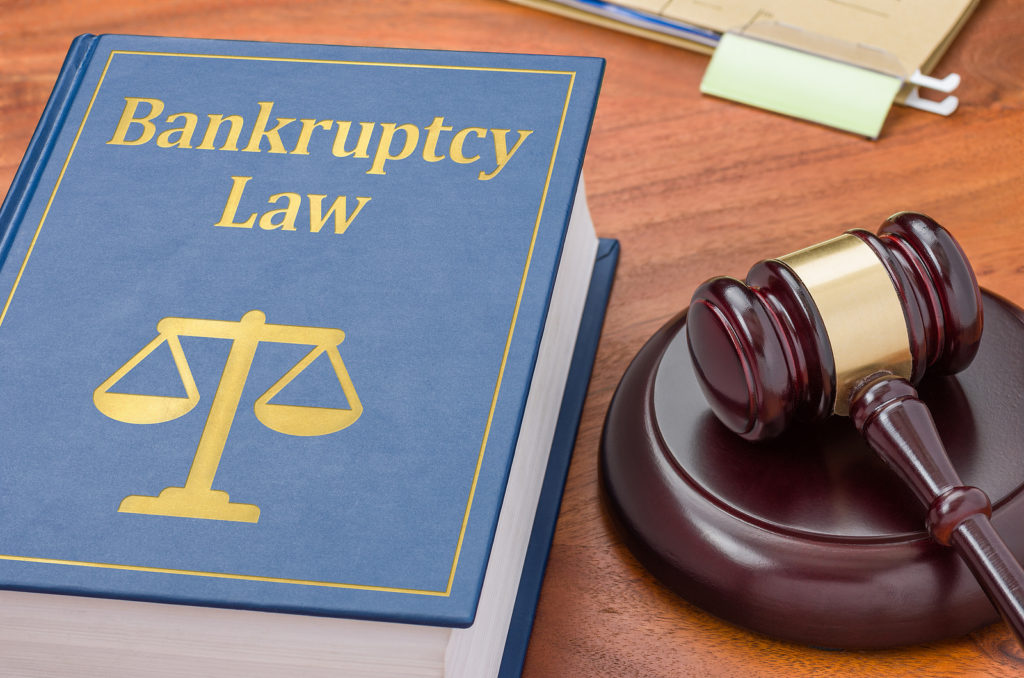If you are planning to file bankruptcy in Indiana, be prepared to be investigated to a certain extent. That is because white collar crimes like fraud are all too common in bankruptcy filings, and must be prevented through comprehensive scrutiny. For this reason, bankruptcy petitioners are assigned a trustee who will look into their financial circumstances, including all assets, liens, loans, and more.
If you suspect that your recent bankruptcy filing might have been done incorrectly, and are now worried that you could be indicted for bankruptcy fraud, review these frequently asked questions to help clear up any confusion you might have.

What is Bankruptcy Fraud?
Bankruptcy fraud is a type of white collar crime that is penalized on a federal level, meaning it is a felony. Bankruptcy fraud occurs if a debtor A) hides their assets, B) lies or gives false information on their application, C) bribes a bankruptcy trustee, or D) is a habitual filer, and has filed many times in other counties. The most common action that leads filers to be charged with bankruptcy fraud is concealing, or transferring for the purpose of hiding, non-exempt assets from creditors or a trustee.
Will I Go to Jail if I Hide Assets During Bankruptcy Filing?
After a person is suspected by a trustee that they are hiding assets, or transferring them so they stay hidden, the trustee will begin to collect all evidence. From there, a civil lawsuit is filed against the person. Additionally, the person can lose their ability to file bankruptcy. In cases of more serious Bankruptcy Fraud, a person might be criminally charged by the U.S. Justice Department and the U.S. Attorney General’s office. If convicted, they can be ordered to pay up to $250,000 fines and spend up to 5 years in prison.
What Will Happen to Me if I Forgot to Include Something in My Bankruptcy Disclosure?
Because the process of filing bankruptcy is serious, it is important to do so with the help of a civil attorney. They will make sure all filings are done comprehensively and correctly. If you did yours on your own, but now fear that you forgot to add something, now would be the time to hire a civil lawyer for help with your application. They can set things straight for you in no time.
What Should I Do if I Am Charged With Bankruptcy Fraud in Indiana?
Call David E. Lewis, Attorney at Law at 317-636-7514 to get help with your Indiana bankruptcy fraud charges, today. Whether charged with fraud crimes or some other type of white collar crime, our Indianapolis criminal defense law firm offers free initial consultations to discuss the best strategies of defense for your case. Avoid the maximum penalties for your criminal charges by calling David E. Lewis, Attorney at Law, today!










